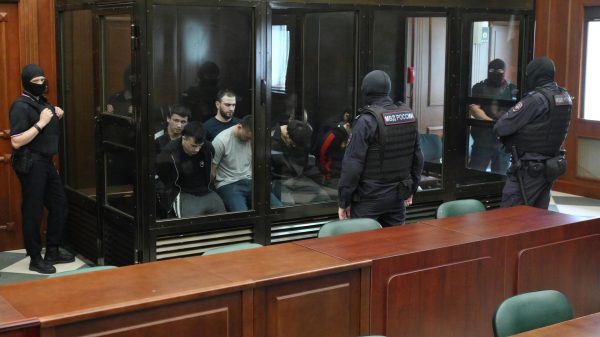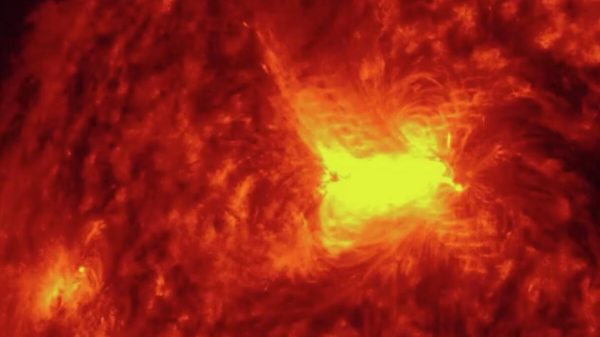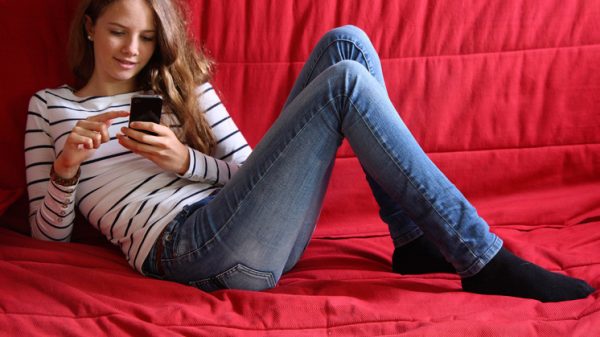
On Friday, the Canadian Figure Skating Federation and the Canadian Olympic Committee The countries announced that they will appeal to the Court of Arbitration for Sport (CAS) the decision of the International Skating Union (ISU) to award the Russian team bronze in the team figure skating tournament at the 2022 Olympic Games in Beijing. Sports correspondent talks about the essence and prospects of the upcoming process.
Although the ISU redistributed the medals after the CAS decision to disqualify Russian figure skater Kamila Valieva for four years for violating anti-doping rules, the initial results of the team tournament of the 2022 Olympics in Beijing are still posted on the organization’s website. According to this document, the Russian team scored 74 points and took first place, the US team with 65 points became second, the Japanese had 63 points and third position. Team Canada came fourth with 53 points.
Let us remind you that Valieva performed in both programs of the team tournament and showed the best result, thus bringing 20 points. The ISU decided to deduct this amount from the Russian team's result. She has 54 points left. The International Skating Union stopped there — as the organization decided, after the redistribution of medals, the Americans became gold holders, the Japanese — silver, and the Russian team remained with bronze.
Previously, the Russian Olympic Committee (ROC) had already announced that it would protest this decision. Even during the Games in Beijing, the organization’s president, Stanislav Pozdnyakov, emphasized that the results of the team figure skating tournament “are not subject to revision under any circumstances, regardless of the disciplinary investigation against the athlete.” After the release of the ISU, the ROC announced that it would protest the redistribution of medals in CAS. On Friday, as expected, Canadians filed a protest against the decision of the International Skating Union.
Each side has arguments to prove its own rightness. We can remind you what they are. Russia's position is based on a number of procedural violations in Valieva's case, which cannot exonerate her, but could possibly play a role in the fight to retain her team tournament medals. The main one is the delay in the results of the figure skater’s doping test.
After the publication of the reasoning part of the CAS decision, the main question remains unanswered — why did the Stockholm laboratory, having received a positive result on January 11, recheck it almost nine times, eventually sending it to the interested parties only after the end of the team tournament of the Games? After all, if doping in Valieva’s body had been reported immediately, there would have been no trace of her at the Olympics — the figure skater would have been replaced by the reserve Elizaveta Tuktamysheva.
And another athlete would have entered the team tournament. It doesn’t even matter that much whether it was Anna Shcherbakova, Alexandra Trusova, or the same Tuktamysheva. It is obvious to anyone, even the most notorious hater of Russian figure skating, that with any of these athletes the team would have won gold in the same way.
I don’t want to refer to an example from fiction, but be that as it may. Agatha Christie's hero Hercule Poirot said: of all the versions, the most likely is the true one, no matter how you look at it. And it’s impossible to get rid of the feeling that such a coincidence as the publication of information about Valieva’s positive test after the end of the team tournament is not accidental. Especially if we assume that information with the athlete’s personal data somehow ended up in the possession of the laboratory. But this cannot be ruled out.
Now let’s take the position of the Canadian side and try to understand what they are going to push in court. This is not a secret: clause 353 of the ISU regulations, according to which, if one of the competitors is disqualified, the athletes below him must move up one line. By this logic, after Valieva’s result is annulled, the Canadian team should receive one additional point each for the short and free programs in women’s single skating. Then the “maple leaves” would have 54 points — and they would be ahead of the Russians.
The organization did not clearly explain why the ISU did not apply clause 353, citing the opinion of some legal experts who assessed the situation. And, in fact, I couldn’t explain it. It has already been said more than once that the ISU did not bother to clearly state the provisions of its own regulations on a number of points for holding a team tournament. Including actions in the event of disqualification of one of its participants.
Thus, it can be stated that the proceedings in CAS will be precedent-setting. There have been no similar cases in history simply because the Olympic team figure skating tournament in Beijing was only held for the third time. Which way the pendulum swings largely depends on how the lawyers on each side prepare for the process. Let's hope that the homework by the OCD lawyers will not be done carelessly. The confrontation between Russia and Canada in winter sports is a classic, but now it will go to the courtroom.






















































Свежие комментарии